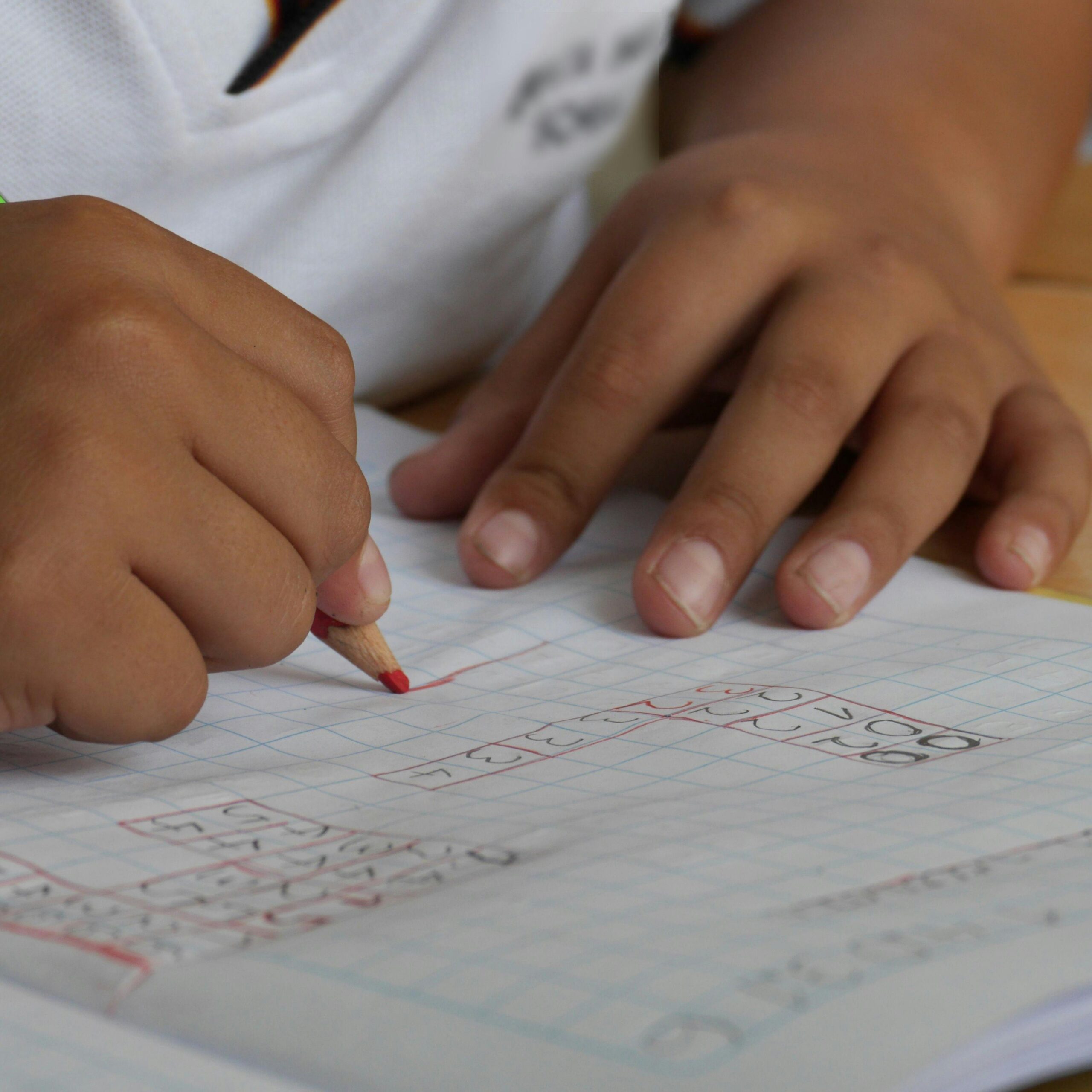Tag: neuroscience
-

The Soul of Education, Part 1: What Is a Human Being?
Every educational philosophy necessarily relies on a pre-existing view of the human person. Anthropology informs pedagogy. Many of the problems that classical Christian educators have identified in conventional education have their roots in a false or insufficient view of human beings. The factory model of education, for instance, underrates certain aspects of human development and…
-
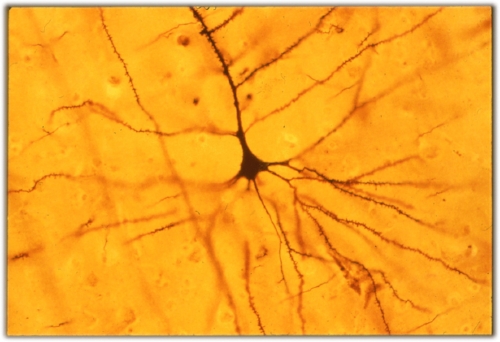
The Imitation Brain: Three Ways to Make the Most of Mirror Neurons
Imitation is the sincerest form of flattery. Is it possible that imitation is also the pathway to learning? In the late 1990s and early 2000s, scientists at the University of Parma published a series of studies singling out neurons that respond both when accomplishing a certain action and also when observing others accomplishing a certain…
-

Counsels of the Wise, Part 3: The Practical Nature of Prudence
In this series we are recovering several lost goals of education by exploring Aristotle’s intellectual virtues as replacement learning objectives for Bloom’s taxonomy. Prudence or practical wisdom (phronesis) is one such lost goal, which is endorsed by the biblical book of Proverbs and the New Testament, even if Aristotle’s exact terminology is not adhered to.…
-
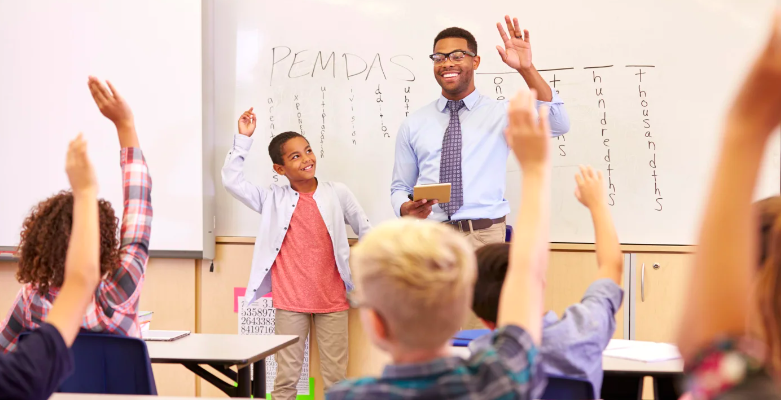
3 Leadership Books for Teachers
Teachers are the leaders of their classrooms. Now, this may seem obvious (who else would be in charge?), so let me explain. Teachers are responsible for the execution of classroom objectives and the development of their students. In a healthy school, they are given the freedom and responsibility, within a broader structure of administrative oversight,…
-
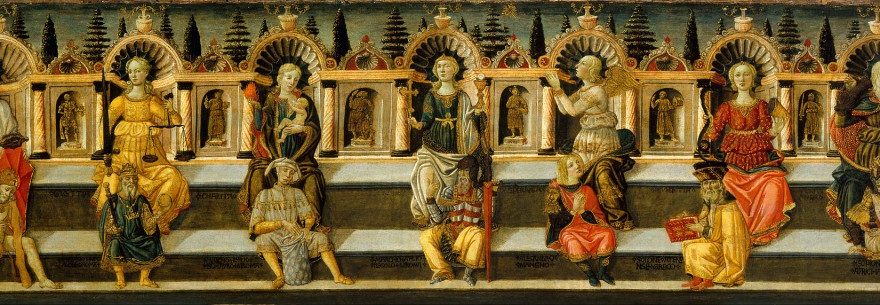
“Education is a Discipline”: Virtue Formation in the Classroom
“’Education is an atmosphere, a discipline, a life’––is perhaps the most complete and adequate definition of education we possess. It is a great thing to have said it; and our wiser posterity may see in that ‘profound and exquisite remark’ the fruition of a lifetime of critical effort (Charlotte Mason, Parents and Children, p. 33).…
-

Fostering Grit Through Charlotte Mason’s Practice of Habit Training
We write and speak often at Educational Renaissance about the importance of cultivating good habits (you can listen to our podcast on habit training here). Habits are, as Charlotte Mason put it, the railways of the good life (Home Education, p. 101). A person with good habits experiences a life of ease, while a person…
-
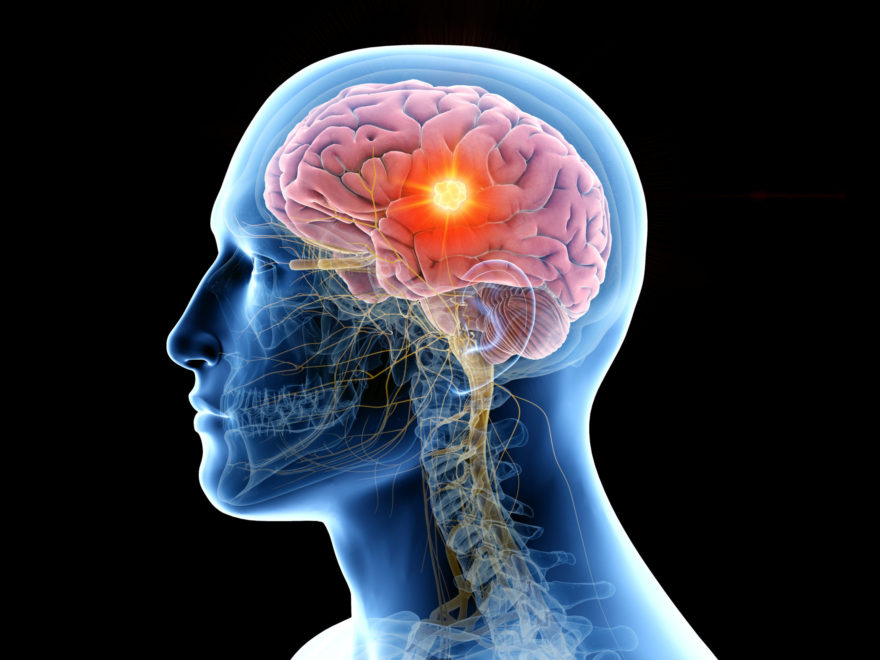
The Human Brain and the Liberal Arts
For some Christians, brain science and talk of “caring for your brain” can be uncomfortable. It smacks of a physicalist conception of reality in which all we are is our physical bodies. As Christians, we believe in the reality of the soul and a transcendent immaterial world. To focus myopically on the brain may cause…
-
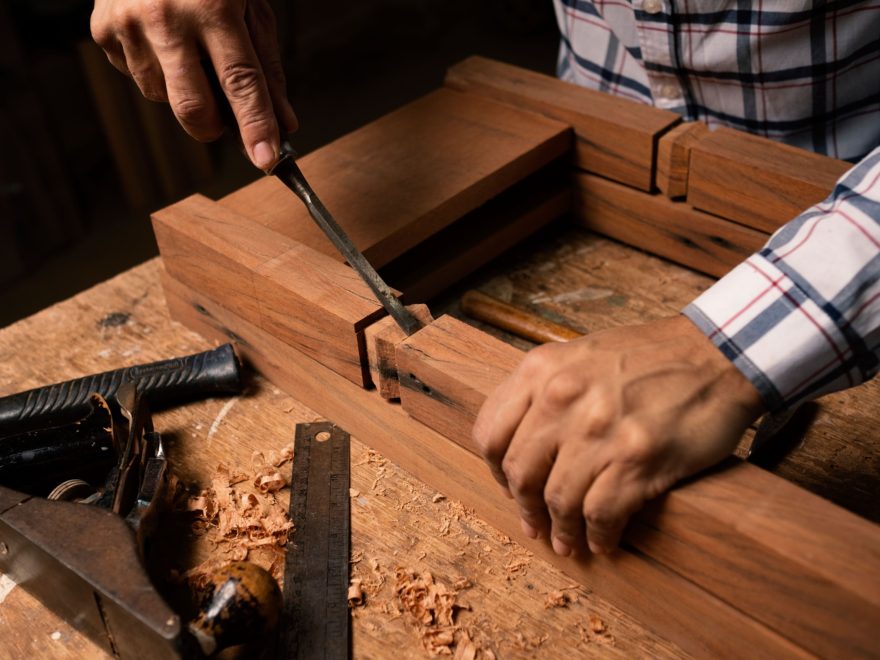
Moral Virtue and the Intellectual Virtue of Artistry or Craftsmanship
It might seem strange after the paradigm delineated above to focus our attention back on intellectual virtues alone, just after arguing for the holistic Christian purpose of education: the cultivation of moral, intellectual and spiritual virtues. But it is impossible to do everything in a single series or book. The cultivation of moral virtues requires…
-

Human Development, Part 3: Get in the Zone
It is a dangerous thing to become a Jedi padawan. The training and trials are extremely difficult; one might say almost impossible. Qui-Gon Jin tells Anakin Skywalker, “Anakin, training to be a Jedi is not an easy challenge, and even if you succeed, it’s a hard life” (from Star Wars: Episode 1 – The Phantom…

